ESG (ang. Environmental, Social and Corporate Governance)
We place great importance on business development while simultaneously considering the principles of sustainable development. Mabion are a company that applies the highest standards in terms of social and environmental responsibility. We operate with an awareness of market and regulatory challenges that determine the company’s goals, including green transformation, minimizing environmental impact, working conditions, collaboration with local communities, and responsible management.
Operating in the international market, we consider ESG factors in strategic management. Our engagement in the ESG area results both from regulatory requirements and the growing expectations of our stakeholders. Therefore, in February 2024, we adopted the ESG Strategy for 2024-2027.
ESG Strategy for 2024-2027
The adopted ESG Strategy is based on three pillars, accompanied by strategic and operational goals that allow us to monitor the progress of its implementation. Our ESG Strategy is closely linked to Mabion’s business strategy for 2023-2027.
Pillars of the ESG Strategy
Fillar E – Environment
- E.1.1. We will strive to reduce emissions in our own operations and promote green transformation and development.
- E.1.2. We will strive to reduce emissions in the value chain.
- E.1.3. We will invest in the ecological education of our employees and raise their awareness in this area.
- E.2.1. We will analyze, monitor, and reduce the environmental impact of the company (current and planned facility).
Fillar S – Society
- S.1.1. Ensuring the well-being of our employees and promoting work-life balance.
- S.1.2. Reducing employee turnover.
- S.1.3. Striving for the highest level of employee satisfaction.
- S.1.4. Improving internal communication.
- S.1.5. Building a more inclusive workplace.
- S.1.6. Investing in the development of our employees’ skills.
- S.1.7. Eliminating hazards and reducing the risk of injuries and health issues.
- S.2.1. Enhancing the workplace through participation in partnership projects and external certifications.
- S.2.2. Developing relationships with universities, building partnerships, and undertaking joint initiatives.
- S.3.1. Expanding corporate social engagement activities.
Fillar G – Corporate Governance
- G.1.1. Including ESG guidelines as one of the criteria for investment decisions.
- G.1.2. Building a responsible and ethical organizational culture.
- G.1.3. Preventing bullying, corruption, and abuses.
- G.1.4. Improving internal control processes.
- G.1.5. Maintaining an Integrated Management System compliant with ISO 14001: 2015, 45001: 2018, 50001: 2018 standards.
- G.1.6. Implementing the ESG strategy.
- G.2.1. Building responsible relationships with suppliers.
- G.3.1. Reporting ESG in accordance with the best market standards.
- G.3.2. Building international credibility and recognition through ESG activities.
Sustainability Goals
The United Nations Sustainable Goals (known as SDGs) consist of 17 main goals and 169 specific targets that member countries have committed to achieving. Business also has a role to play in this. The SDGs envision a world free from poverty, hunger, and disease.
Through our actions, we support the following global Sustainability Goals:

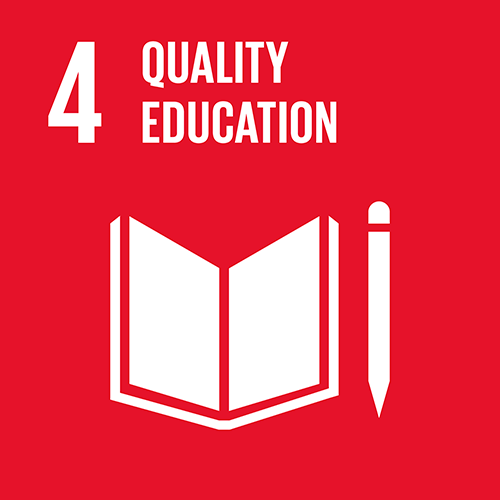
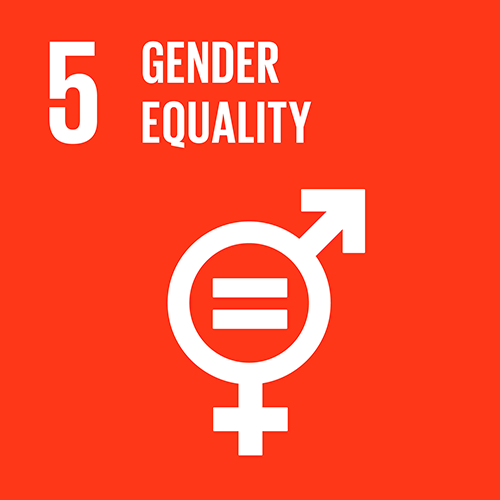
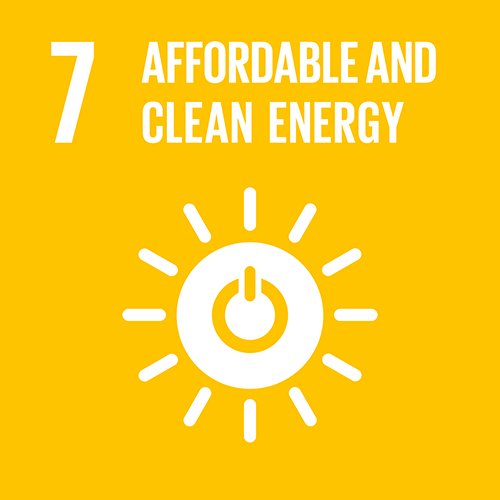
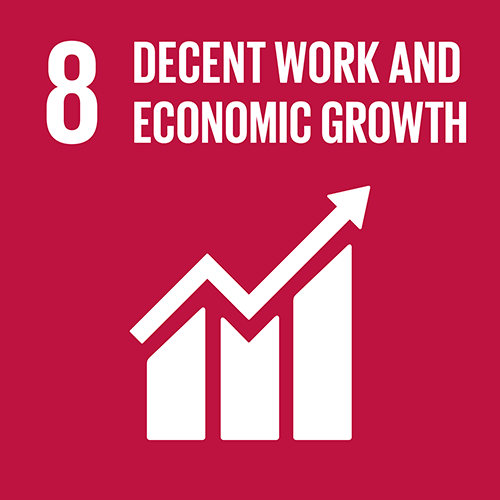
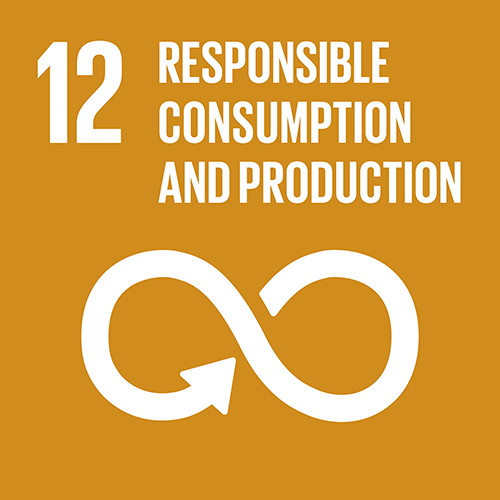



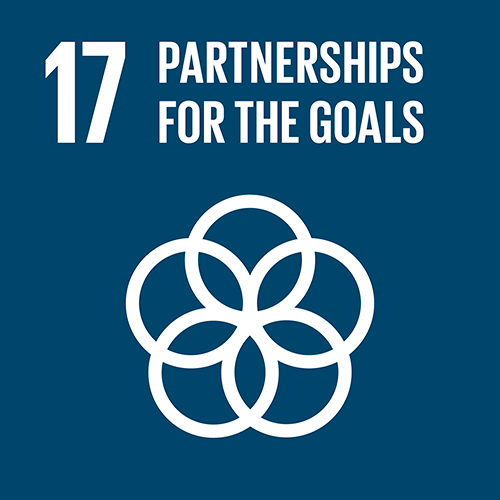
Vision – What We Aim to Achieve in the ESG Area
We want to be the best business partner in the biotechnology industry, consciously managing our environmental and social impact, providing a safe, friendly, and development-oriented workplace, and adhering to the highest management standards.
Mabion S.A. Mission
We deliver high-quality services while ensuring sustainable development and meeting the needs of our key stakeholders.
Non-Financial Reporting of Mabion S.A.
Non-financial reporting summarizes our activities in the environmental, social, and corporate governance areas.
ESG reporting takes the form of a Statement on Non-Financial Information, which is a separate part of the Management Board’s Activity Report of Mabion S.A.
We are not subject to the legal requirement under Article 49b, paragraph 1 of the Accounting Act, which implements Directive 2014/95/EU of the European Parliament and Council on the disclosure of non-financial and diversity information by certain large entities and groups into Polish law. However, in response to global sustainable development challenges and stakeholder expectations, and in preparation for the implementation of regulations resulting from Directive 2022/2464 of the European Parliament and Council of December 14, 2022, we publish another Statement on Non-Financial Information.
The contents presented in the Statement have been developed based on selected indicators from the Global Reporting Initiative (GRI Standards) from 2021.
Check out our non-financial reports: